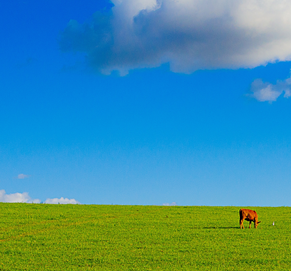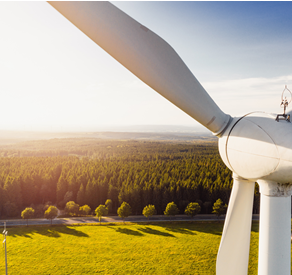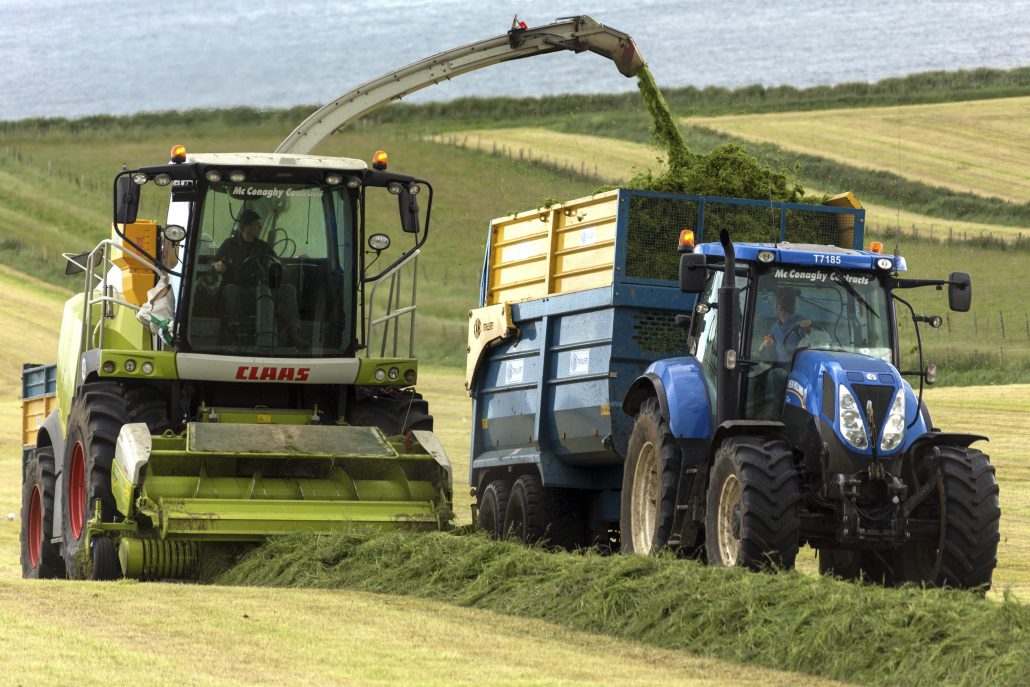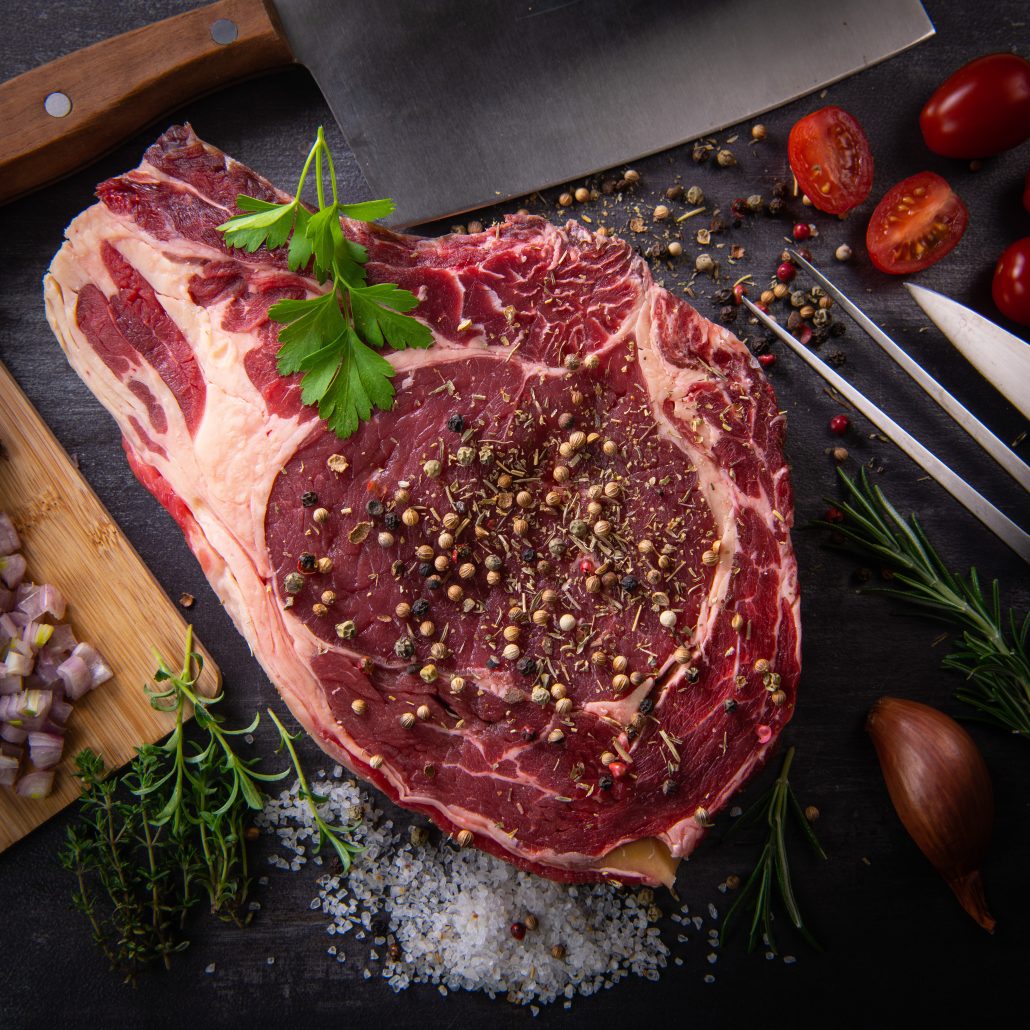.
Sustainable Welsh Beef Production
In Wales, beef is raised overwhelmingly through non-intensive farming which relies on abundant grass and rainfall rather than energy-intensive imported feed – making Wales one of the most sustainable places on Earth to produce red meat.
Thanks to sustainable methods, cattle and sheep farming in Wales emit fewer greenhouse gases than in many other parts of the world.
It uses non-intensive farming techniques, grass and rainwater to rear animals in pasture-based farming systems which place vastly less pressure on natural resources.
Soils represent a hugely important store of carbon. Given that the overwhelming proportion of land in Wales is managed for agricultural purposes, this puts the sector in a really important position.
Welsh farming is already making a positive contribution. For example, there’s been an increase in the number of farms in Wales generating renewable energy.
Did You Know?
Welsh farms create and protect habitats, ensuring biodiversity and promoting good soil health
• Livestock grazing in Wales has played a significant role in creating wildlife habitats and the continuation of these grazing practices is essential for their ongoing management.
• Ecosystems require variation in the structure and composition of the vegetation in order to complete their life cycles successfully – farming provides this.
• Research has shown that the grassland soils in the UK have a similar soil organic carbon to clay ratio as forestry land in good soil health.
Supporting Welsh Beef
• UK consumers can keep eating red meat: our average consumption is comparable to that advised by the Scientific Advisory Committee on Nutrition (70g of red meat per day).
• Red meat also provides key nutrients as part of a balanced diet, including vitamins A and B2, calcium, iodine, iron, magnesium, potassium and zinc. UK figures show that young women in particular don’t consume enough of these.
• We shouldn’t just ‘offshore’ our emissions: supporting livestock production in Wales and GB avoids consumer demand for red meat being met by additional imports, which would drive up global emissions by sourcing from countries with less sustainable farming practices.
• Buying Welsh Beef means supporting world-leading beef farming.
• Buying Welsh Beef and Lamb means supporting over 223,100 jobs and Wales’ biggest employer – the food and drink supply chain – worth over £6 billion to the Welsh economy.
.
















